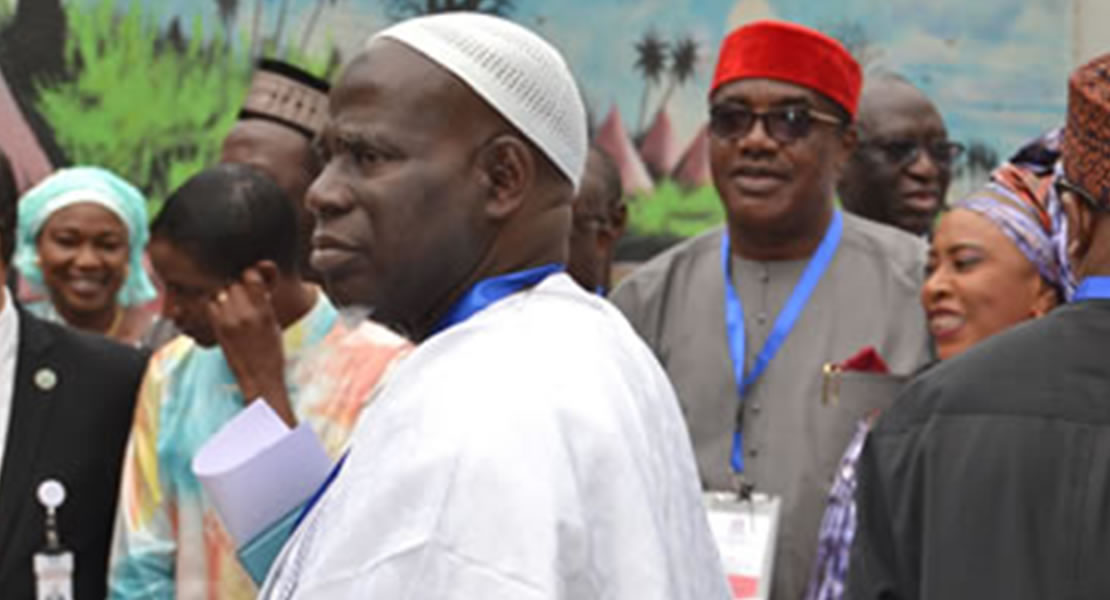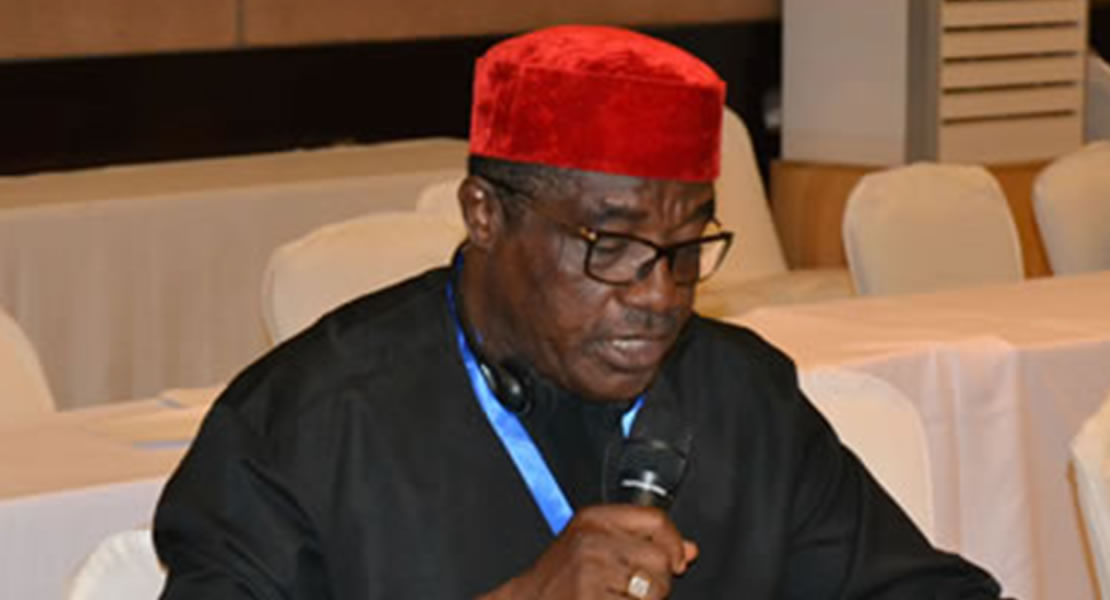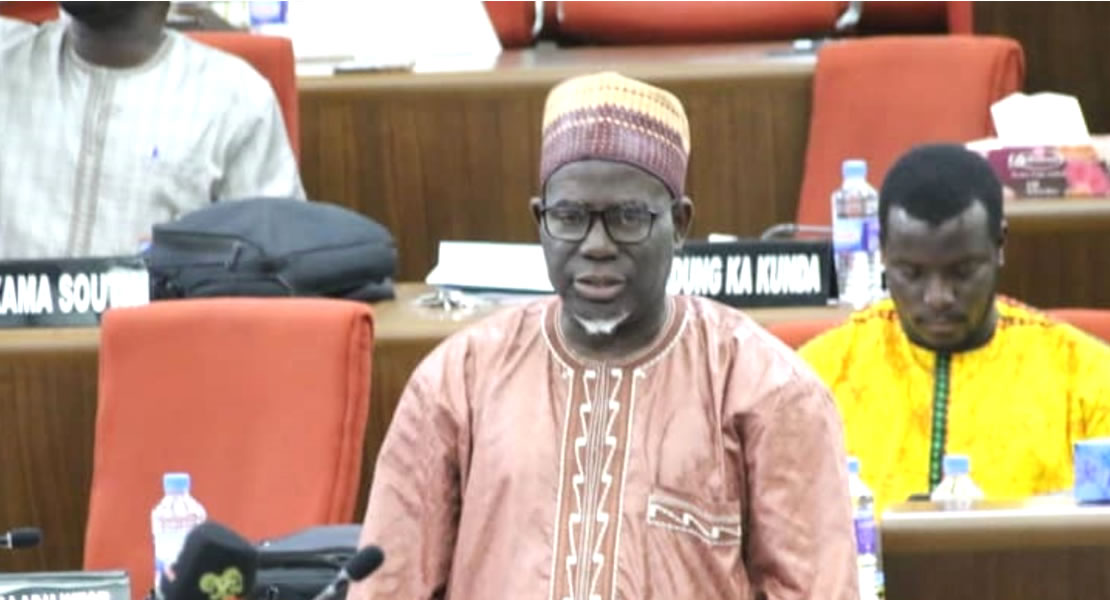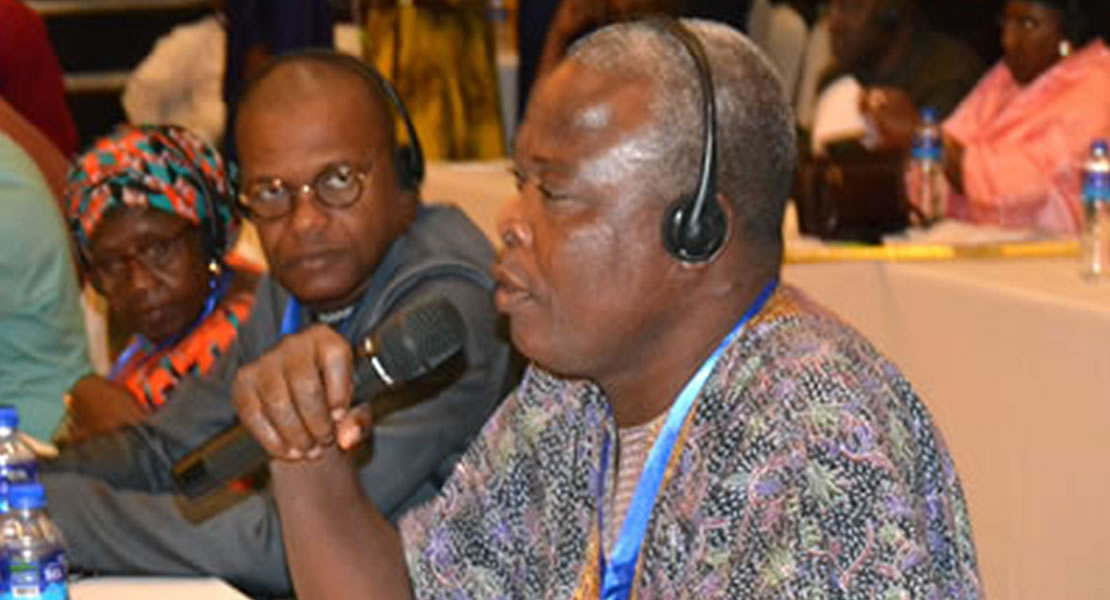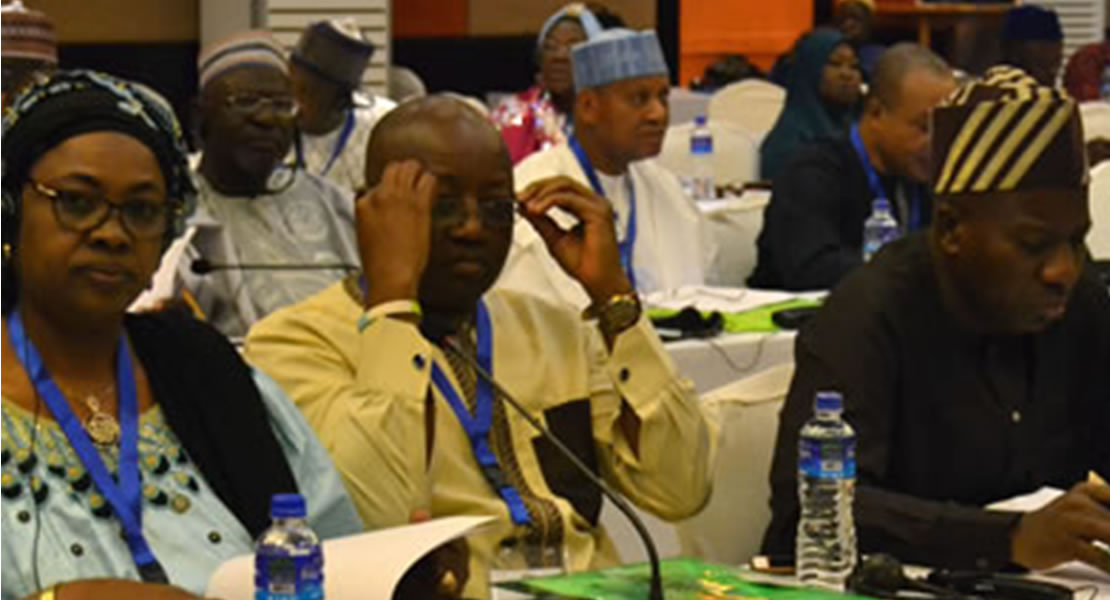The West African sub-regional Community lawmakers meeting in the Gambia for the last extraordinary meeting and seminar for the life span of the fourth legislature on Friday 24th January 2020 criticize the maiden mid-term evaluation report of the fourth legislature.
Most prominent among the criticism was that MPs felt not a single member was contacted with the whole process that produce the report, whiles others were unhappy the Speaker Mustapha Cisse Lo was not evaluated.
Other MPs who happens to be consultants and have been involved in various research and evaluation works for other organisations, expressed dissatisfaction with the methodology technique used.
Mr. John Azumah, administrative head of the sub-regional Community Parliament clam down the nerves of the MPs on the evaluation of the mid-term report, when he accepted that the administration is not oblivious of the inadequacy and weaknesses.
“It is a work in progress, we are thinking as your humble servants we should start from somewhere, as some of them will be sweet and bitter at end of the day, this should be able to inform the fifth legislature”.
He further pointed out to the lawmakers the views taken on the maiden mid-term report of the fourth legislature is to aid review and the strategic management of the Parliament.
Again, he added that going forward the whole Parliament would be involved and taken along for the benefit of the Community citizens. “We would improve upon what we have done”, he assured.
Mr. Azumah further revealed that after the inauguration of the fifth legislature, there would be a section to build the capacity of lawmakers where stakeholders like the ECOWAS Commission and the AFC would be involved.
And emphasised the importance of knowing each other, MPs and those in the administration as just knowing directors make a lot of difference, he pointed out.
“Members with contributions and issues should make them available to the administration, the exercise is to reform the institution, your contributions are welcomed to plan for the fifth legislature”.
Mr. Urok Unah representing M&E Consultant who made the presentation in his response thanked the lawmakers for their feedback, and explained that the process of evaluation was not perfect as has been pointed out initially in his presentation that there were constraints.
“We have conducted this exercise within fifteen days, we have budgetary constrain, we know how to use methodology, we were not happy we could not speak to any MP, it would have been good to do that”.
He also pointed out that the budgetary constrain does not pertain to only ECOWAS Parliament but all the Community institutions, and noted that “the report did not showcase the Parliament in a bad light, rather show case the achievements and more of the things that can be achieved going forward”.
Kwaku Sakyi-Danso/ghanamps.com
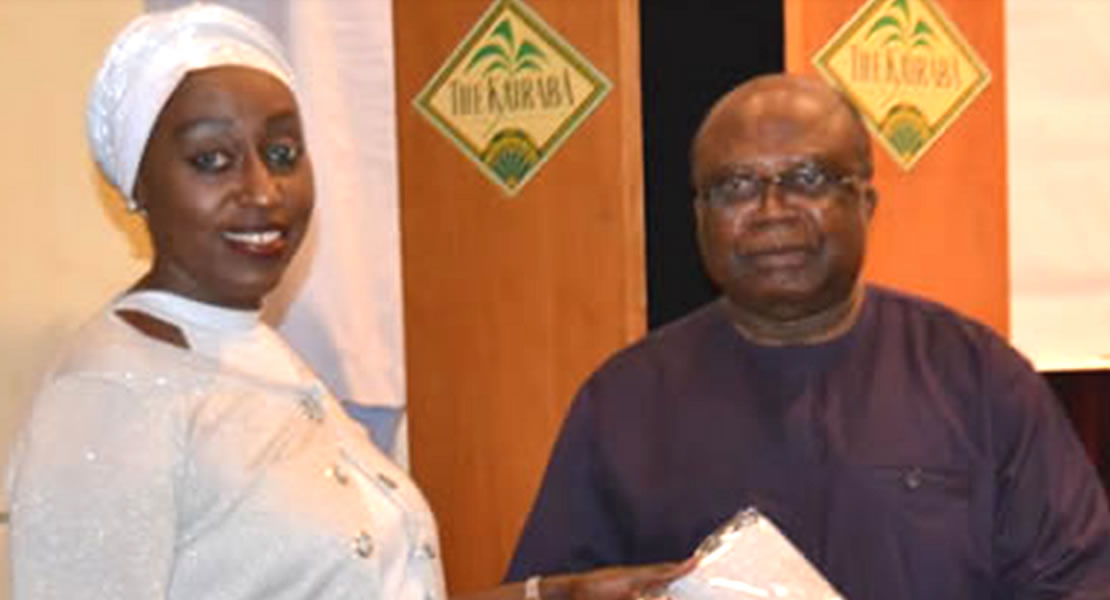
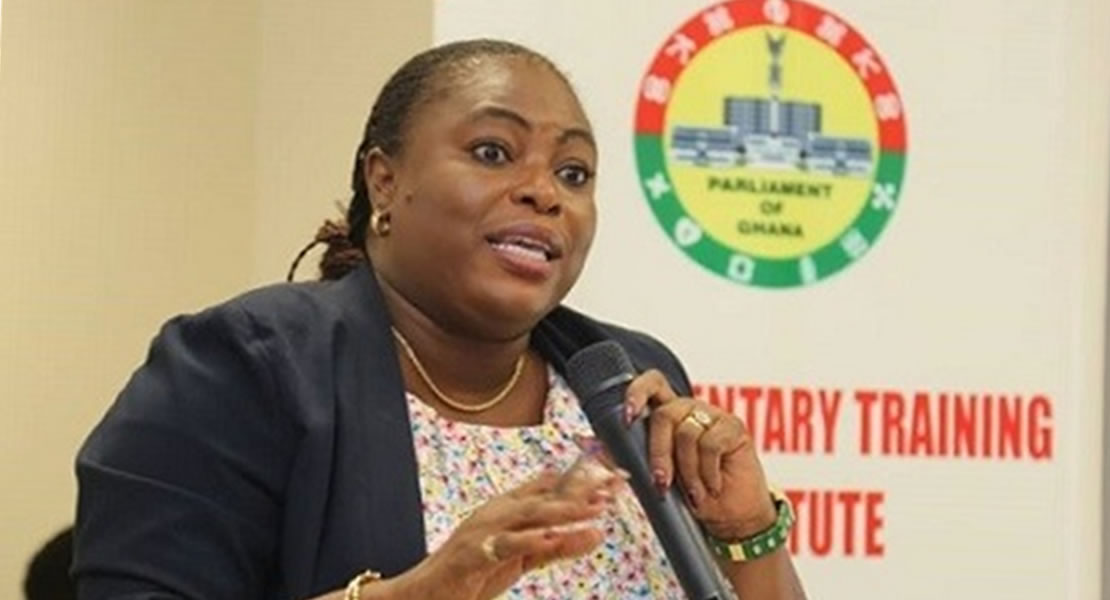
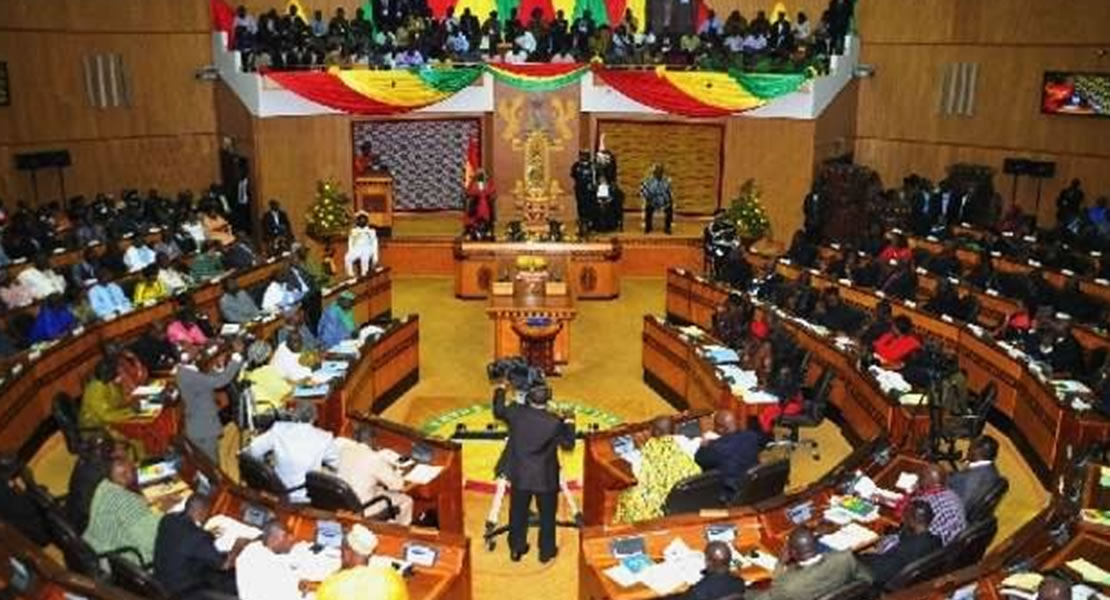
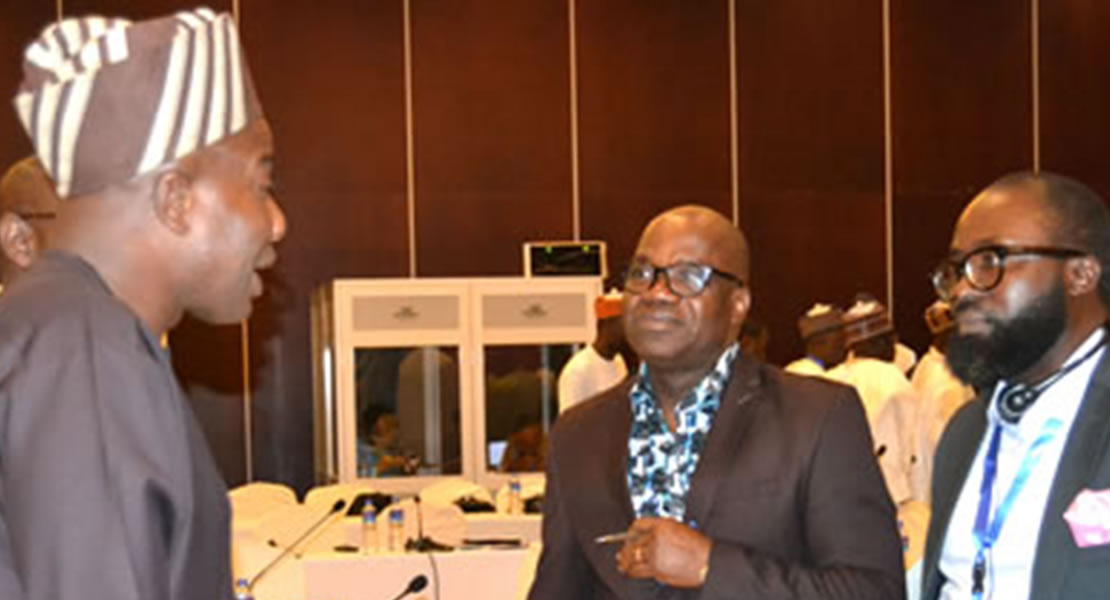

 In addition, the SG noted that the previous Community Parliaments carried out their assigned roles effectively, but unfortunately there was no real evaluation carried out to determine the impact they had on the Community programmes and the process of integration generally.
In addition, the SG noted that the previous Community Parliaments carried out their assigned roles effectively, but unfortunately there was no real evaluation carried out to determine the impact they had on the Community programmes and the process of integration generally.